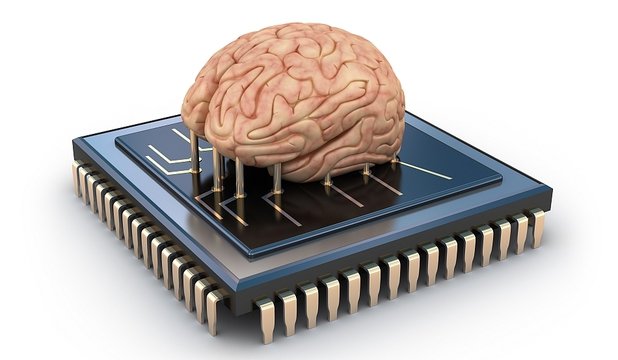Researchers have found that, unlike a classic computer that encodes information in codes like 0 and 1, a brain cell uses 26 different ways to encode its "bits". Thus, according to the researchers' calculations, the human brain could store a petabyte (or quadrillion bytes) of information.
"This is a real bomb in the field of neurology. Our new measurements of brain memory increase conservative estimates by a factor of 10," said Terry Sejnowski, a biologist at the Salk Institute in La Jolla, California.
By contrast, a computer with the same memory and processing power would need a gigawatt of power, or "the power of a whole nuclear power plant to run a computer like a human" computer "that does the same thing as 20 watts," said co-author of the study, Tom Bartol, a neurologist at the Salk Institute.
After carrying out several experiments, the researchers were able to calculate exactly how much information can be transmitted between any two neurons. Information on computers is stored in bits, which can have two potential values: 0 or 1. But the same binary message from a neuron can produce 26 different sizes of neurons. So they used the basic information theory to calculate how many data bits each neuron holds.
"The other part of the story may have to do with the way biochemistry works, compared to how electrons are activated in a computer." Computers use electrons to make calculations, electrons generate heat, and this heat is wasting energy. biochemicals can simply be more effective, "Bartol said.
Upvoted ☝ Have a great day!
Hi! I am a robot. I just upvoted you! I found similar content that readers might be interested in:
https://www.livescience.com/53751-brain-could-store-internet.html